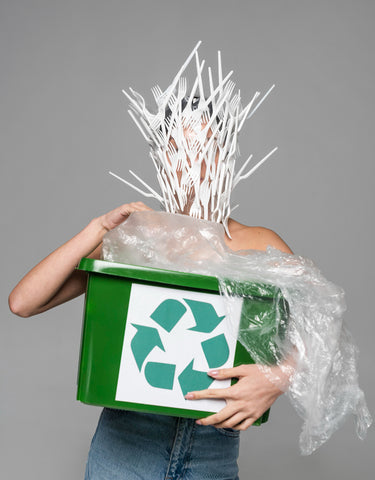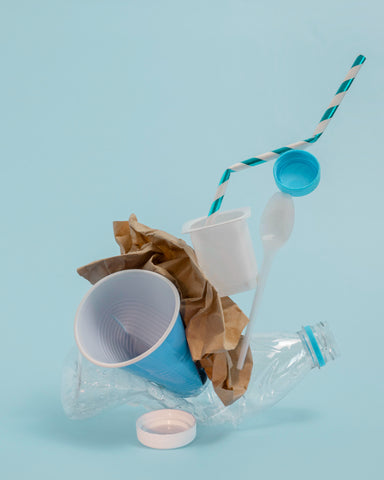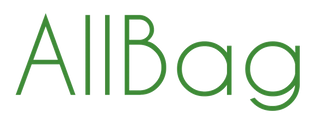What is the SUP Act?
The SUP Act, or Single-Use-Plastic , is a regulation adopted by the European Union in 2019. Its goal is to reduce the impact of single-use plastic waste on the environment. The Act introduces a number of obligations for entrepreneurs to help achieve this goal.
Key concepts of the SUP Act
 Understanding the SUP Act requires familiarizing yourself with several key concepts. The most important of them are:
Understanding the SUP Act requires familiarizing yourself with several key concepts. The most important of them are:
- Single-Use Products (SUP) : These are products that are intended for single use. These may be, for example, disposable cups, plates, cutlery, cotton buds, food containers or drink stirrers.
- Plastics : In the context of the SUP Act, plastics are materials made of polymers (large molecules made up of repeating units) that can be formed by the action of heat and pressure.
- Marketing ban : The SUP Act introduces a complete ban on placing on the market certain single-use plastic products that are particularly harmful to the environment.
What products are covered by the SUP Act?
The SUP Act covers a wide variety of single-use plastic products. Some of them are completely prohibited from being placed on the market, for example plastic plates, cutlery, cotton buds, expanded polystyrene food containers and drink stirrers. Other products, such as disposable cups and food containers, can still be produced and sold, but are subject to additional charges.
What are the obligations of entrepreneurs from January 1, 2024?
From January 1, 2024, entrepreneurs will have to meet a number of new obligations under the SUP Act. They will have to, for example:
- charge a fee for single-use plastic products, such as beverage cups and food containers,
- inform consumers about the harmful impact of these products on the environment,
- invest in recycling activities,
- create and present annual waste management reports.
What changes await consumers?
For consumers, the SUP Act primarily means that they will have to pay an additional fee for single-use plastic products. For example, they will have to pay no more than PLN 1 extra for a plastic beverage cup or food container. Additionally, consumers will have to deal with reduced availability of single-use products, which are particularly harmful to the environment.
SUP products on the "blacklist"
 Under the SUP Act, certain single-use plastic products have been completely banned. These are among others:
Under the SUP Act, certain single-use plastic products have been completely banned. These are among others:
- cutlery made of plastic,
- cotton buds (except those used for medical purposes),
- plastic plates,
- plastic drink cups,
- drink stirrers made of plastic,
- food containers made of expanded polystyrene,
- beverage containers made of expanded polystyrene,
- caps and lids made of expanded polystyrene,
- balloon sticks.
Implementation of the SUP Act in Poland
Poland is one of the last countries to implement the SUP Directive. The act implementing the new provisions was published on May 9, 2023, and most of the provisions of the act entered into force on May 24, 2023. Entrepreneurs have since then had one year to adapt their operations to the new requirements.
The SUP Act is an important tool that aims to protect our environment from plastic pollution. It introduces a number of obligations for entrepreneurs to help achieve this goal. While it brings some challenges for entrepreneurs, it is a step in the right direction to ensure a better future for our planet.

